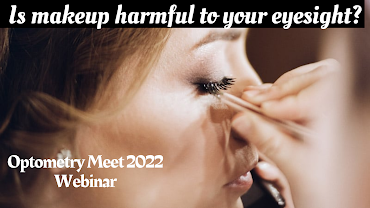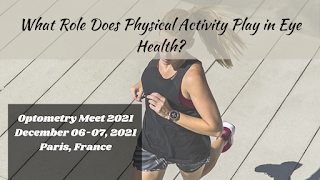Does dry winter air lead to dry eye?
It may seem strange but sunglasses are just as important in winter as they are in summer. The same UV rays that give us sunburns on the beach are just as dangerous on a snowy mountain. Even if most of our skin is covered by thick layers of snow gear our eyes can still be vulnerable without the proper eye protection.
The air tends to be dryer in
winter than in other seasons, and when we turn on the heaters inside to stay
cozy in our homes and cars we dry it out even more. That means anyone prone to
dry eye is more likely to feel that gritty eye irritation in winter. Some good
strategies for avoiding winter dry eye are staying hydrated and using a
humidifier and maybe let the seat warmers do more of the work in the car than
the heater.
A Bright snow day can result in snow Blindness
Too much sun on a snowy day can lead to snow blindness if we aren’t wearing
eye protection. Symptoms of snow blindness include pain and burning in the
eyes, feeling like something is stuck in the eyes, light sensitivity, swollen eyelids, watery eyes, headache, blurred vision, and exaggerated glare around
lights indoors.




Comments
Post a Comment